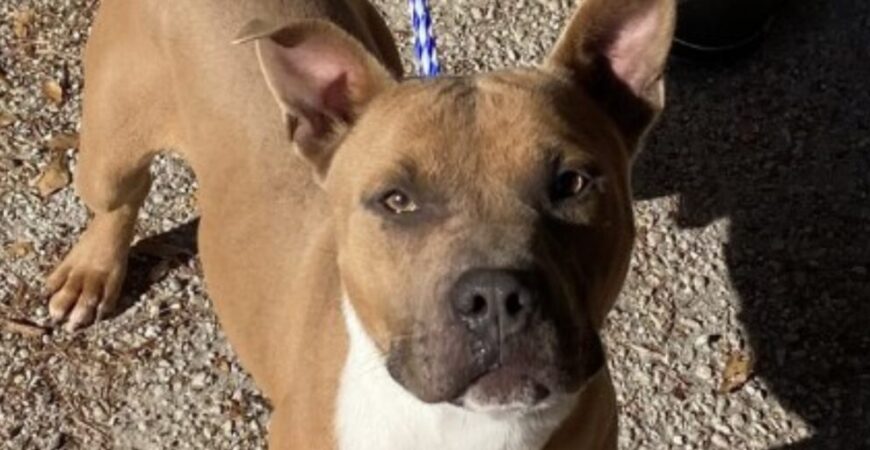Two confirmed cases of parvo forced the Duplin County Animal Shelter to close its doors to dog intakes and adoptions for three weeks. On October 23, Duplin County Animal Services announced the situation on its Facebook page. “Due to two positive cases of parvo, the shelter will be closed to visitors and intakes for dogs…
 Twitter
Twitter Facebook
Facebook Instagram
Instagram







